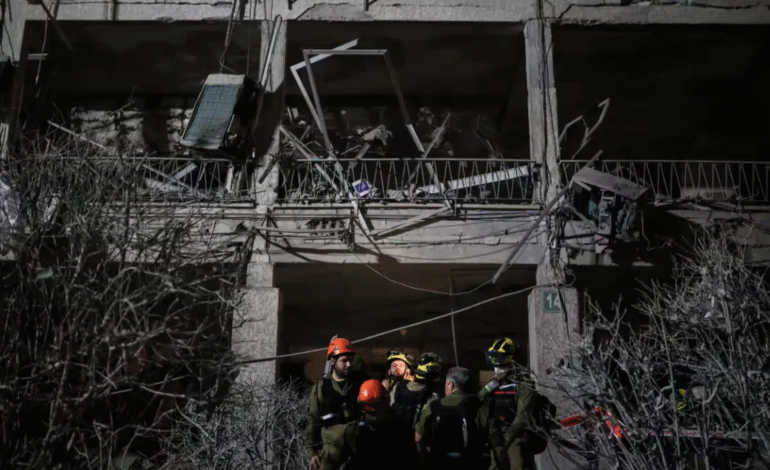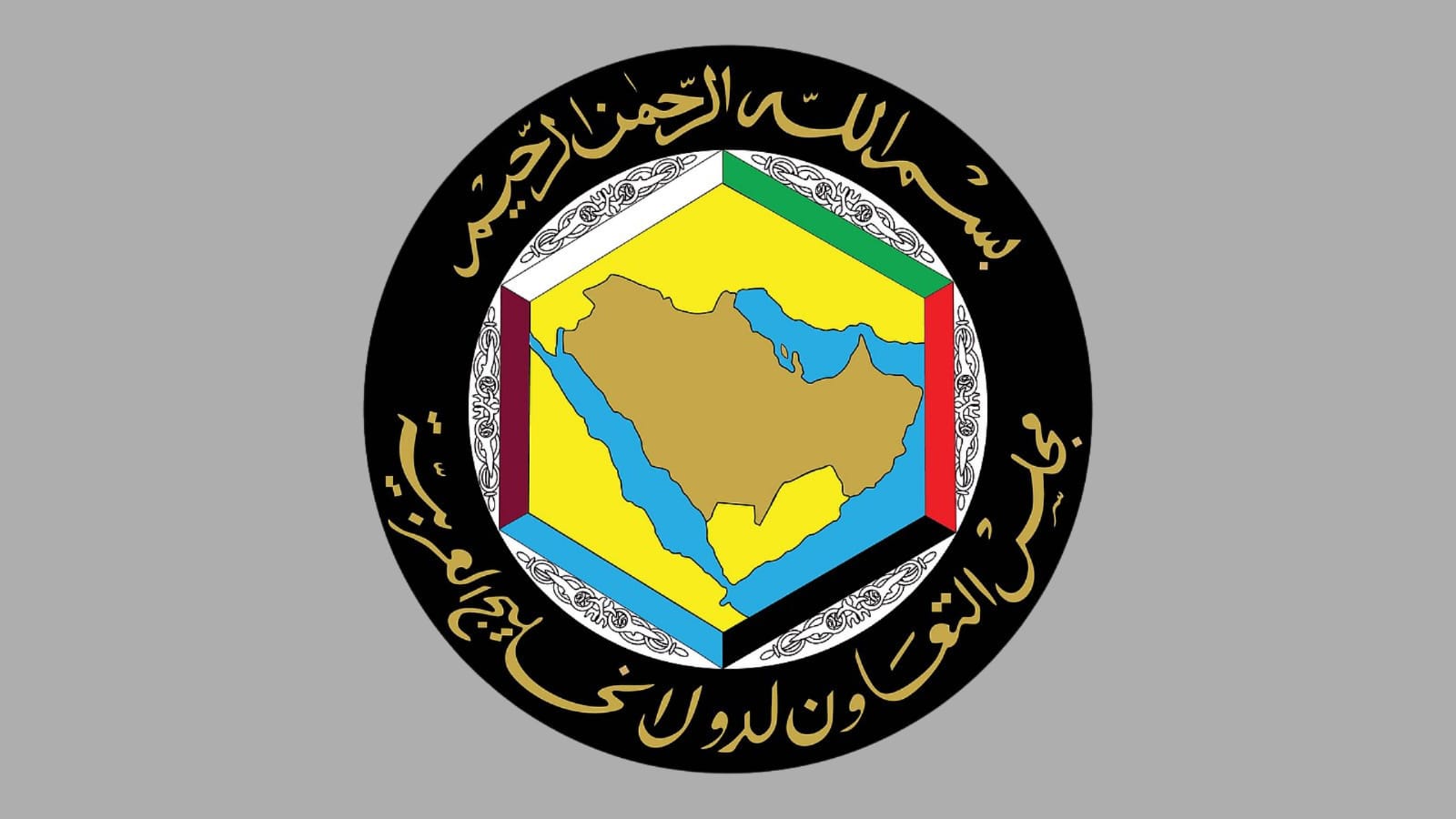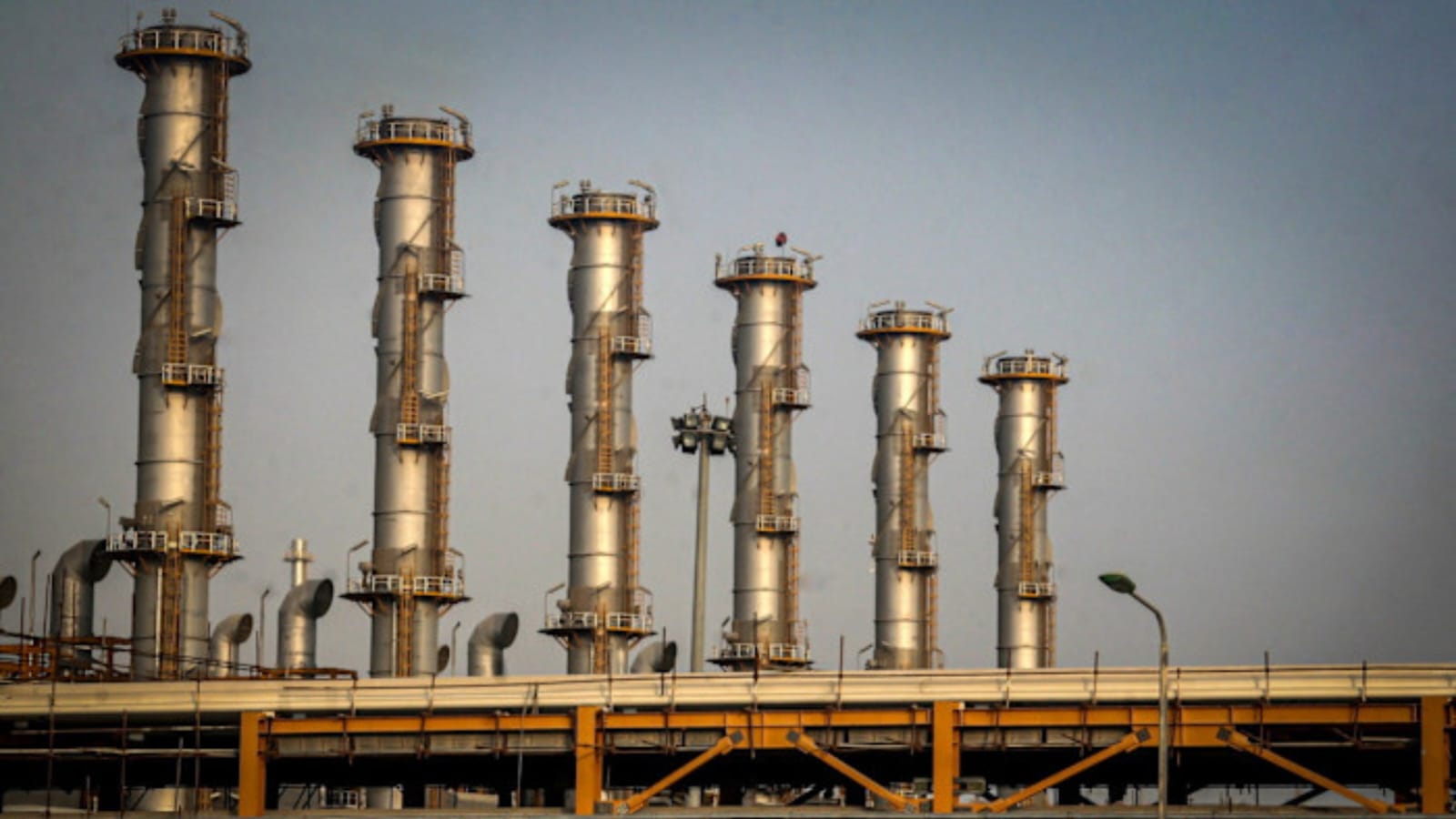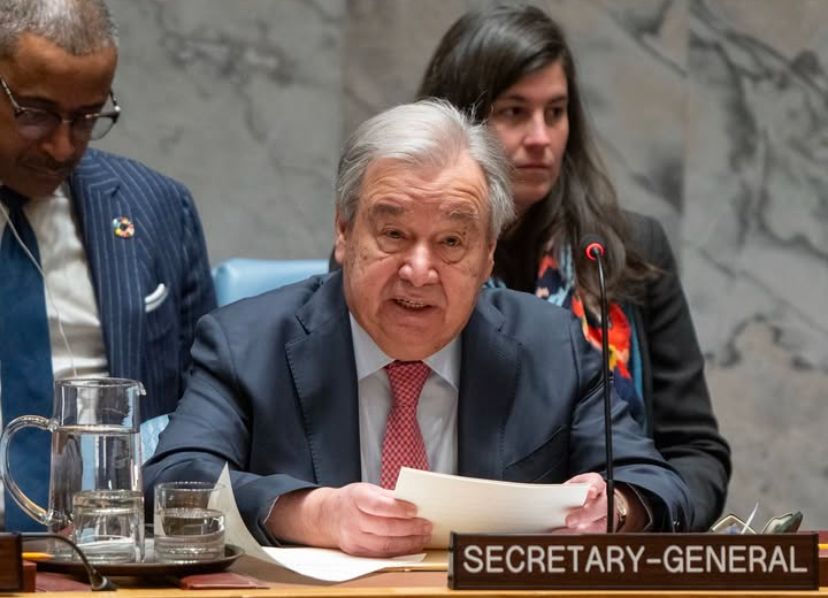Iran Threatens US Bases Amid Escalating Conflict With Israel

The already tense and volatile situation between Israel and Iran has intensified further, with Tehran issuing stark warnings about the potential for an expanded conflict. According to recent statements reported by Iran’s Fars news agency, the Iranian government and military have signaled intentions to escalate hostilities in the coming days. This escalation, Tehran suggests, may include direct targeting of United States military bases across the region. These developments have raised international concerns about the broader implications for Middle East security and the global geopolitical landscape.
Escalation After Operation Rising Lion
Tensions reached a new high after Israel launched Operation Rising Lion, a military operation that reportedly targeted Iranian assets. The Iranian response was immediate and forceful. According to official Iranian sources, the retaliation involved missile strikes that impacted several residential zones in Israel. These strikes resulted in the deaths of at least three civilians and left over two dozen injured, intensifying public outcry and regional alarm.
Iran’s leaders have labeled the Israeli strikes as aggressive and unjustified, describing them as provocations that merit a comprehensive and forceful response. The Iranian government has framed its actions as defensive in nature, stating that further retaliatory operations are under active consideration.
Iranian Military Threatens Expansion of War
The Fars news agency, closely aligned with Iran’s state interests, quoted senior military officials who warned of the possibility of the conflict expanding significantly. The reports emphasized that Israel, referred to in Iranian statements as “the attacker,” would be the focal point of future Iranian military responses. However, the officials also declared that the United States could be drawn into direct confrontation.
“The war will expand in the coming days and will also include US bases in the region. The attackers will be the target of a decisive and extensive Iranian response,” said one Iranian military official, according to the Fars report. Though these remarks did not specify a timeline, they have raised concerns in Western capitals about the vulnerability of U.S. military installations in the Middle East.
Dialogue With the US Called “Meaningless”
In a further development complicating diplomatic efforts, Iran has publicly stated that ongoing dialogues with the United States over the nuclear programme have become “meaningless.” This statement came shortly after the recent Israeli air strikes and was conveyed by Esmaeil Baghaei, a spokesperson for Iran’s Foreign Ministry, as reported by the semi-official Tasnim news agency.
Baghaei asserted that the dual approach taken by the United States—simultaneously engaging in nuclear negotiations while allegedly enabling Israeli military actions—renders diplomatic discussions ineffective. “You cannot claim to negotiate and at the same time divide work by allowing the Zionist regime [Israel] to target Iran’s territory,” he said. He further argued that Israel has influenced the international diplomatic process to its advantage.
US Role in Conflict Draws Accusations
Tehran has openly accused Washington of supporting the recent Israeli military activities. Iranian officials believe that without implicit or explicit support from the United States, Israel would not have initiated such an aggressive stance. These views have been repeated across multiple state-backed news outlets in Iran, amplifying anti-American sentiment within the country.
Iranian Foreign Ministry representatives have also warned that the consequences of continued U.S. support for Israeli actions could be far-reaching. They allege that this backing not only compromises diplomatic negotiations but also places American assets in direct jeopardy.
Earlier Warnings From Iranian Defense Leadership
The threat to U.S. bases did not arise in isolation but had been foreshadowed by earlier remarks from senior Iranian defense officials. On June 11, Iranian Defence Minister Aziz Nasirzadeh warned that if ongoing nuclear talks were to collapse and tensions with the United States escalated, American bases across the Middle East would become strategic targets.
“Some officials on the other side threaten conflict if negotiations don’t come to fruition. If a conflict is imposed on us… all US bases are within our reach and we will boldly target them in host countries,” Nasirzadeh stated during a nationally televised press conference. His comments underlined the scope of Iran’s potential military reach and marked a clear shift from rhetoric to direct threat.
Regional Stability Under Increasing Strain
The threat of expanded military action in the Middle East casts a long shadow over an already fragile regional stability. Countries hosting American bases, such as Iraq, Qatar, Kuwait, and Bahrain, could find themselves entangled in the conflict should Tehran act on its threats. These host nations are now assessing potential security consequences and evaluating their positions in light of the emerging risks.
This escalation also complicates the efforts of international organizations and diplomatic missions that have been working to mediate and de-escalate tensions in the region. The latest threats from Iran create additional hurdles for conflict resolution and risk entrenching opposing positions.
Global Diplomatic Reactions and Concerns
In the wake of Iran’s threats, world powers have issued calls for restraint and renewed dialogue. The European Union has emphasized the importance of maintaining open communication channels and reiterated its support for diplomatic solutions. The United Nations has expressed concern over the potential for civilian harm and regional destabilization.
U.S. officials have not yet issued a formal response to Iran’s most recent threats but are reportedly monitoring the situation closely. Pentagon sources have confirmed increased security measures around American bases in the Middle East, including elevated alert statuses and possible troop relocations as a precautionary measure.
History of Strained US-Iran Relations
The recent exchanges are rooted in a long history of strained relations between Iran and the United States. These tensions have manifested in various forms over decades, including military confrontations, diplomatic standoffs, and sanctions. The Iran nuclear deal, officially known as the Joint Comprehensive Plan of Action (JCPOA), had once offered hope for a more stable relationship, but its unraveling in recent years has left the two nations on increasingly adversarial paths.
Iranian leaders often frame their regional policy as resistance against what they view as Western interventionism. This framework, while appealing to domestic audiences, contributes to heightened risks whenever conflicts flare up in neighboring regions involving allies or interests of the United States.
Concerns Over Nuclear Programme Developments
Parallel to the military escalation, concerns are growing over the future of Iran’s nuclear programme. Analysts fear that the breakdown in negotiations could lead Tehran to accelerate uranium enrichment activities, potentially shortening the so-called “breakout time” required to develop a nuclear weapon. Such developments would significantly alter the security dynamics in the region and draw sharper international scrutiny.
Iran, however, maintains that its nuclear ambitions are strictly peaceful and aimed at energy development. Despite such assurances, trust deficits and conflicting narratives continue to impede progress on this front. The current geopolitical climate makes a swift return to productive negotiations increasingly unlikely.
Impact on Global Energy Markets
Another major consequence of escalating conflict in the Middle East is its potential impact on global energy markets. Both Iran and nearby regions are critical players in global oil supply chains. Any disruption resulting from military action, whether through direct strikes or sanctions, could drive up oil prices and create ripple effects across the global economy.
Energy analysts are already noting increased volatility in oil futures, with markets reacting to each new development. Energy-dependent countries are monitoring the situation closely, concerned about fuel security and inflationary pressures.
What Lies Ahead for the Region?
With multiple actors involved and high stakes on all sides, the situation between Israel and Iran, and by extension the United States, remains unpredictable. Tehran’s latest statements suggest a readiness to escalate unless a diplomatic solution is reached swiftly. Yet, with dialogue channels narrowing and accusations mounting, the probability of immediate de-escalation appears slim.
International observers are urging all parties to refrain from actions that could ignite a broader conflict. While the rhetoric intensifies, the hope remains that backchannel negotiations and third-party mediators can facilitate a pathway to reduce tensions. The coming days are likely to be critical in determining whether the region steps back from the brink or descends into a wider confrontation.
Urgent Need for De-escalation and Dialogue
The current Israel-Iran conflict has taken a sharp turn with Tehran’s warning about potential strikes on US bases. With threats turning increasingly specific and dialogue avenues shrinking, the crisis presents a serious challenge to regional and global peace. It is imperative that diplomatic efforts be revitalized, regional stakeholders remain measured, and all sides prioritize de-escalation to avoid a larger conflict with irreversible consequences. The world watches closely, hoping reason will prevail over retaliation.








1 Comment
[…] ongoing conflict between Israel and Iran has entered a volatile and dangerous new phase, as both nations engage in a series of military […]
Comments are closed.